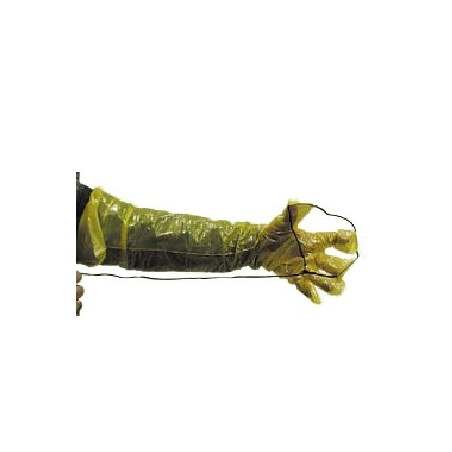The Federal Cabinet has agreed to an amendment of the Animal Welfare Act. "Germany plays a leading role at international level in animal welfare issues. The new rules raise national animal welfare standards even higher ," said Federal Agriculture Minister Ilse Aigner in Berlin on Wednesday. "Animal welfare is of top priority to the Federal Government. This amendment provides for major improvements in a variety of fields related to animal welfare."
The Federal Agriculture Ministry lays down a time schedule for phasing out the practice of castrating piglets without anaesthesia: accordingly, this method is to be banned throughout Germany as of 1 January 2017. The exemption stipulated in the Animal Welfare Act for branding on horse legs is to be abolished: since electronic microchips are prescribed for the identification of horses, leg branding is no longer acceptable and is, for animal welfare reasons, to be deleted from the Act. The existing ban on agony breeding will be reworded and supplemented: the more precise formulation will make it easier for the supervisory authorities of the Federal States to enforce existing law. A ban on exhibiting animals displaying agony breed features is also planned in this context. In addition, producers will be increasingly required in the future to ensure animal welfare by conducting in-house controls and to safeguard the welfare of animals by providing for appropriate husbandry conditions. The relevant details can be laid down by a statutory order that is envisaged in the Act.

The protection of laboratory animals will also be significantly improved as a result of the amendment to the Animal Welfare Act: for the first time, separate rules will be introduced regarding the use of monkeys. The near total ban on the use of apes as laboratory animals, for example, is a key element in this regard. Animal experiments serve, among other things, fundamental research and also research with respect to human health. They help in the fight against serious diseases. However, they cannot be justified when used for the development of cosmetics. Such experiments have long been banned in Germany. The new rules are intended to implement an EU Directive that harmonises the protection of laboratory animals at a high level throughout Europe.
Aigner also called for progress to be made at European level, however: in Germany, animal welfare has, since 2002, been enshrined in the Basic Law as a constitutional goal. In Germany, we have among the highest animal welfare standards. I am working hard to ensure that this high level applies throughout Europe. It is unacceptable that German businesses that meet high standards and have animal welfare in mind should face competitive disadvantages because other EU states fail to fulfil their obligations. Moreover, animal welfare is to be rendered more transparent for consumers. This is why I support the introduction of an animal welfare label in Brussels, similar to the organic production logo."
Following the cabinet decision, the draft Animal Welfare Act will now be forwarded to the Bundesrat and the Bundestag. The Act is scheduled to take effect in autumn 2012.
Wednesday May 23, 2012/ BMELV/ Germany.
http://www.bmelv.de






